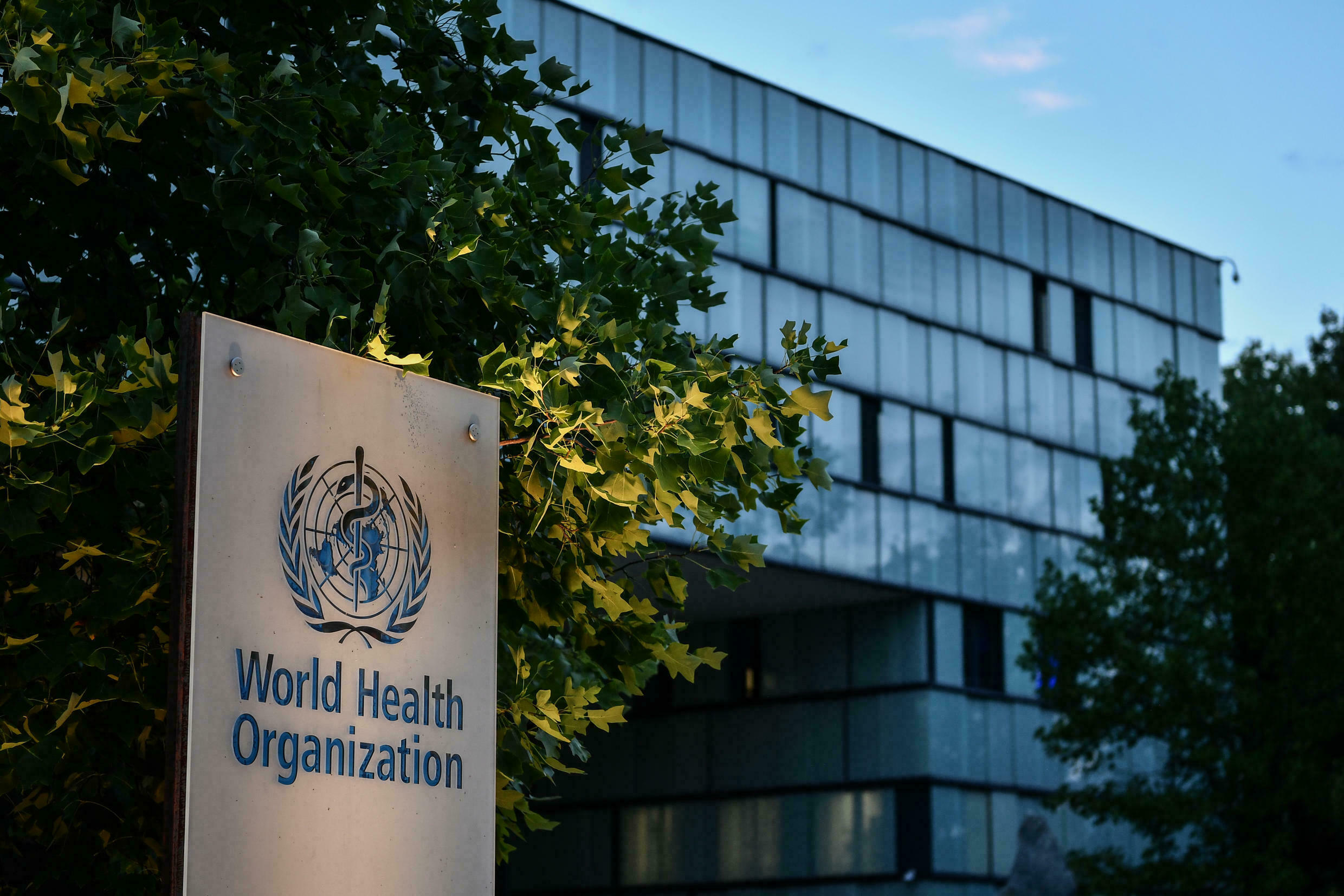The UN Refugee Agency (UNHCR) has raised the alarm that rival armed groups in the Democratic Republic of the Congo (DRC) are carrying out horrific sexual attacks against women and girls.
The alert was occasioned by what UNHCR has called ‘widespread and systematic’ abuse in Tanganyika province, where thousands of people have been internally displaced this year, often many times.
Speaking to journalists in Geneva, the spokesperson of the agency, Shabia Mantoo, stated that; ‘Some women and girls have been abducted and used as sex slaves by armed group members,’
Read Also: Ecuador Court Decriminalizes Abortion In Rape Cases
The UNHCR spokesperson explained that in just the past two weeks, humanitarian partners in the Kongolo and Mbulula health zones had recorded 243 incidents of rape, 48 of which involved minors, in 12 different villages.
She noted that the actual figures were thought to be even higher, as reporting of gender-based violence remained taboo in most communities. That, she said, amounted to an average of 17 reported attacks per day.’Our staff have heard horrific testimonies of extreme violence.’
In addition to the huge physical and psychological trauma from being raped, survivors of sexual violence can face stigma and possible exclusion from their families.
Since May, more than 23,000 people have been displaced in northern Tanganyika’s Kongolo Territory alone, according to local authorities. And most have fled insecurity multiple times in the past three months.
As of last month, UN estimates revealed that insecurity and violence had uprooted nearly 310,000 people, and were currently displaced in Tanganyika Province.
According to the UNHCR spokesperson, rival armed groups responsible for the attacks were competing for control of mining areas – especially gold mines – and the abuse was linked to retaliation for Government-led military operations.
‘Forcibly displaced persons have accused armed groups of carrying out mass rape as women attempt to flee their homes, ransoms have been demanded from families in exchange for their freedom.’ she said.
While the UN agency remains committed to helping the survivors, ongoing violence and the need to travel long distances for care at medical centres are hampering its work.
AFRICA TODAY NEWS, NEW YORK

